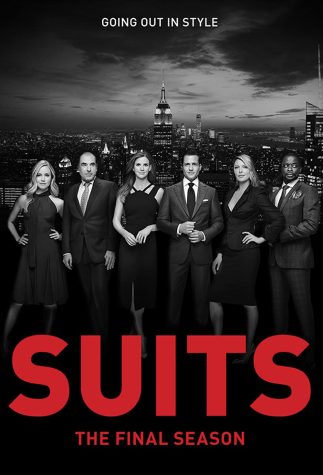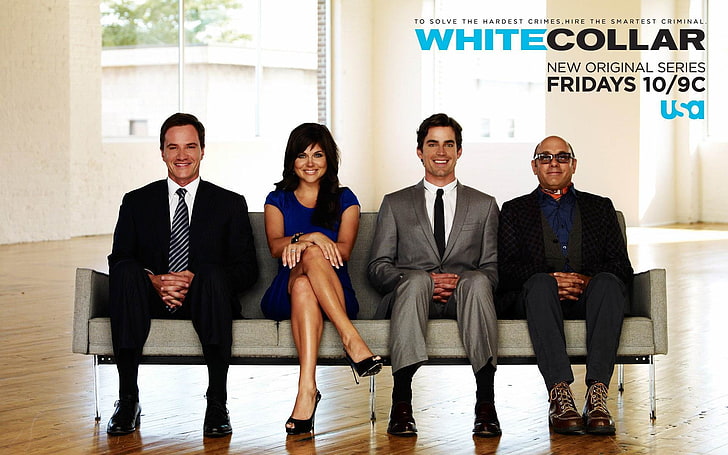Do you really want to be a doctor? Or do you want to have a whirlwind romance with your own Derek Shepherd while curing every possible illness or disorder by the end of each work day?
I don’t mean to cast a shadow over your dreams, but that is not what your average day at work as a doctor will look like.
There is no denying that the shows that we watch have an influence over our interests, and potentially our future occupations. And while TV media can be used as a resource to explore new fields, we should be aware of the unrealistic expectations that are included for the sake of dramatics.
But worry not! I am here to break down the most unrealistic aspects of popular shows so that you won’t get caught in a profession that you hate.
You’re welcome. Let’s begin!
So you want to be a doctor…
It’s admirable to pursue such a difficult and education-heavy profession. But you’ll have to tone down the romance and turn up the studying, because your residency will most likely not consist of you sleeping around with your whole department.
As a resident working 8-to-24-hour shifts, you will barely have any time to even use the restroom. There will simply be no time for drama and sexual endeavors during your regular work shift. And the idea of attending physicians sleeping with residents? That’s a lawsuit waiting to happen.
In real life, residents do not get much leeway when choosing which patients to take and how to go about treating them. Residents are very heavily supervised, as they are considered the newbies at the hospital.
Finally, doctors do not develop such intense, emotional connections with each of their patients. Sure, you will care about them, but you cannot afford to have an emotional breakdown after each patient leaves or dies.
And for goodness’ sake, where are the nurses?
 Suits is a great show, but do you know what they don’t show you about being a lawyer? The paperwork. Ridiculous amounts of paperwork.
Suits is a great show, but do you know what they don’t show you about being a lawyer? The paperwork. Ridiculous amounts of paperwork.
If you’re planning to be a lawyer, you can forget about the idea of a work-life balance. Be prepared to stay in the office long into the night and to come in before the sun rises to perform copious amounts of research. Real-life lawyer-ing requires way more reading and allows for way less swag, than is depicted on Suits.
On that note, I should mention that real-life law moves at a much slower pace than what is portrayed on the show. Court cases may take several months to conclude, and not every court encounter between attorneys is as tense and as personal as it is on TV. In other words, if you become a lawyer, your visits to court are more likely to consist of talking to old and boring people instead of your arch nemesis from an opposing law firm.
It is also important to point out that the legal field, especially those positions that are higher up, are filled with old white men, not hot-shot playboys such as Harvey Specter and, debatably, Mike Ross. If you are hoping to enter a field of attractive and self-absorbed men, you should try modeling instead.
Lastly, everyone’s NYC apartment in Suits is over-exaggerated drastically. As an attorney, it will take you several years, perhaps even a decade, to climb high enough up the career ladder to be able to afford either Harvey or Jessica’s Manhattan penthouse.
I have personally seen a rise in the number of people who want to be forensic psychologists, and it’s not hard to find a common trait among them: an obsession with
Criminal Minds.
Starting off strong, there are no actual criminal profiling positions in the FBI. Sure, there are other types of profilers in the Bureau, but their work barely resembles that of the Criminal Minds BAU team. These people, of course, still work with and study serial killers, to better understand their tendencies and behaviors, but they do not go off and try to catch the killers themselves or to solve these cases for the FBI.
Real-life serial killer cases also take much longer to solve, and they would definitely not fit into a 50-minute episode, like the ones on the show.
Criminal profilers have a very narrow jurisdiction over the cases they receive, and they have even less control over how the entire case is handled. Their job is to work on understanding the serial killer. That’s it.
There is also much more research and thinking in general involved in uncovering the mysteries and origins of a serial killer’s way of thinking. You are not very likely to see one trait of an unsub and immediately be able to decode their entire thought process and childhood traumas, like Spencer Reid does in every episode.
Of course, it is necessary to admit that any show that depicts a real-life profession will overdramatize it to some extent; otherwise these series would be downright boring. However, when choosing a career path to follow, especially one based on a TV interpretation, it is important to distinguish what the job will actually look like, from the heightened reality you see on the screen.
I know that I’ve just spent several minutes of your day bashing the credibility of dramatic depictions of specific jobs, but I want to make it clear that we can and should draw inspiration from everything around us. When else are you going to get even a little bit of insight into what it’s like to profile a murderer, or to discover a groundbreaking cure for a terrible disease? These series can definitely serve as inspiration for your future professional endeavors, but you should simply be aware of what to expect.
Stay curious, Nitros!












